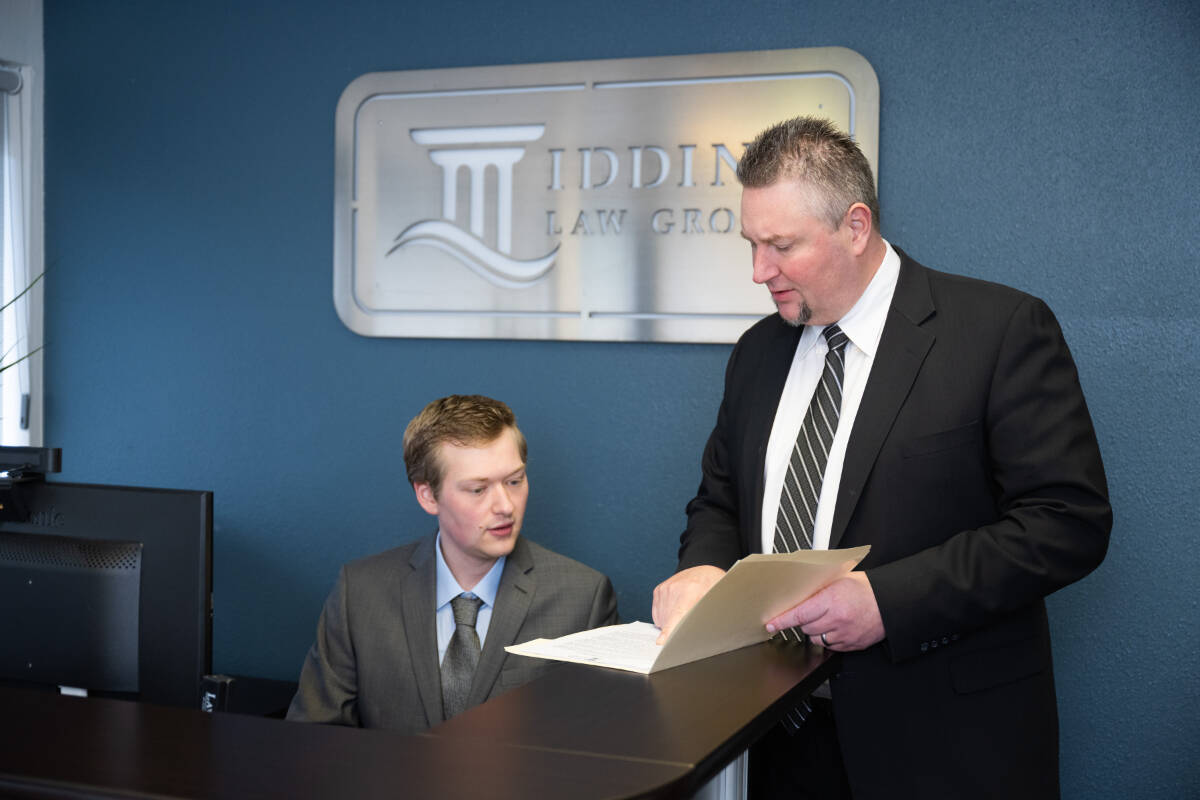While many people assume they may qualify for Medicaid in retirement, early planning is essential in determining how income and assets will affect getting benefits.
This can be truly scary for people who simply don’t know how to navigate the process.
Iddins Law Group can help empower you in your particular situation regarding Medicaid benefits.
”People need to understand that there are so many tentacles when it comes to being eligible for Medicaid that they need to plan well in advance to get those benefits,” says Robert Iddins, managing law partner of Iddins Law Group in Kent. “They need to start properly structuring this now before the years start unfolding too quickly.”
Here are three major points that Iddins Law Group wants you to know:
1. Five-year lookback window
In evaluating your eligibility for Medicaid, an applicant must disclose if they have done any gifting in the past five years. “Medicaid has a five-year lookback window, and if an applicant has done any gifting in that period, it could jeopardize their Medicaid eligibility. The ineligibility period would be based on the size of the gift,” says Iddins.
“The policy behind this is that a person can’t give away all their assets and then ask the State to pay for your care. If you do, you need to make it past the five-year lookback window,” Iddins says.
2. Income, Assets and Exempt Resources
If a person needs long-term care in a facility or if they get in-home care, it can be quite costly. “For example, if a person needs nursing home care at a cost of $10,000 per month, but their income is only $3,000 per month; that is a $7,000 per month deficit. If this person has $100,000 in liquid assets they can private pay for approximately 14 months before their funds run out. Knowing your time horizon for assets and income and which resources may be exempt is critical. It is all in the planning, and the earlier you do it the better,” says Iddins.
3. Not all care facilities are the same
Many factors come into play when picking a long-term care facility for a loved one: Cost, atmosphere, level of care, and whether they accept medicaid and on what terms. Many facilities want an applicant to private pay for several years before they will accept Medicaid. If a facility says they will accept Medicaid after their private pay period, I would highly recommend getting that in writing!
Don’t be caught off guard
The bottom line is that good people can be caught off guard when they assume they’ll qualify for Medicaid, and then don’t meet the requirements.
The good news? “There are things you can do if you plan early,” Iddins says.
To request a complimentary phone consultation, call 253-854-1244 or visit iddinslaw.com/contact-us. Learn more at iddinslaw.com and on Facebook and Twitter.

